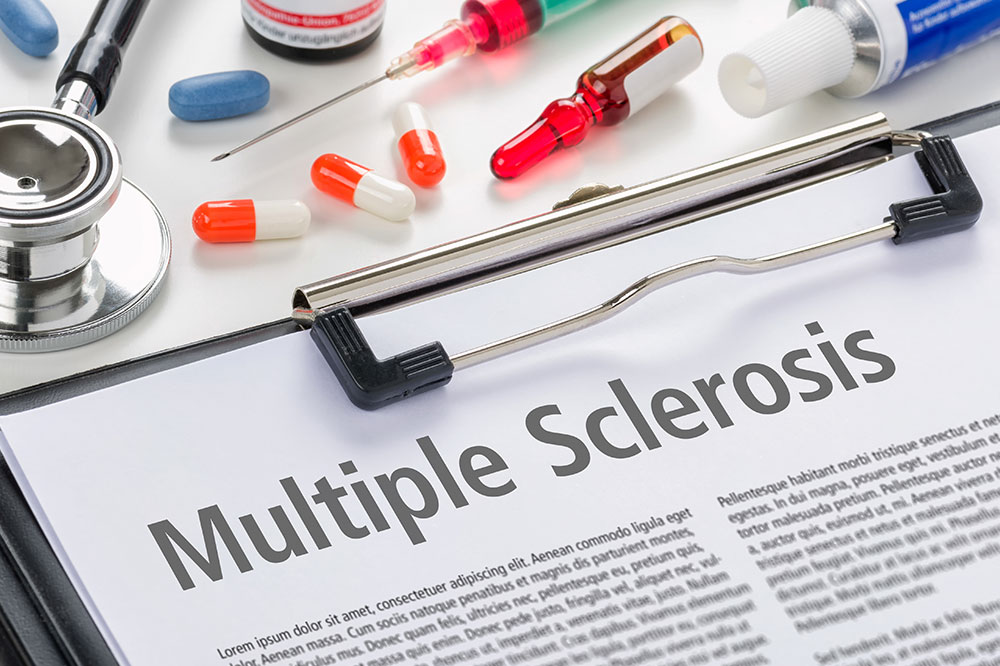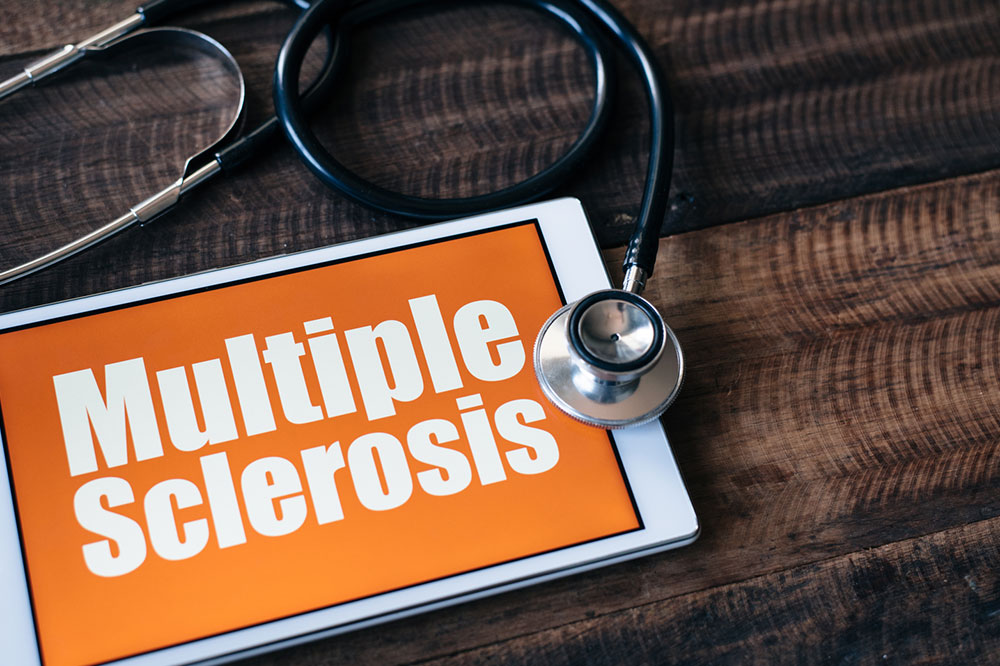Understanding Multiple Sclerosis: Stages, Diagnosis, and Prevention Strategies
This article provides an overview of multiple sclerosis, detailing its various stages, how it is diagnosed, and current research on prevention strategies. It explains the symptoms, progression, diagnostic methods, and ongoing studies related to MS, emphasizing the importance of professional medical guidance for affected individuals.

Understanding Multiple Sclerosis: Stages, Diagnosis, and Prevention Strategies
Multiple sclerosis (MS) is a chronic condition impacting the central nervous system, particularly the brain and spinal cord. Typical symptoms include muscle weakness, numbness, vision disturbances, headaches, hearing loss, speech difficulties, seizures, and bladder problems. Treatment primarily aims to manage these symptoms and improve quality of life.
Let's explore the progression stages of MS, how it is diagnosed, and what current research says about prevention.
Stages of MS
MS progresses through four key phases:
Clinically isolated syndrome
This initial phase involves a single neurological event related to demyelination. MRI scans reveal inflammation around the myelin sheath. Diagnosis often relies on MRI findings.
Relapsing-remitting MS
This is the most prevalent form, often affecting individuals under 30. Symptoms fluctuate, with episodes of worsening followed by remission periods that may last weeks or years.
Primary progressive MS
Typically starting after age 40, this form features steadily worsening symptoms without remission, indicating continuous neurological decline.
Secondary progressive MS
This advanced stage evolves from relapsing-remitting MS, characterized by persistent symptoms without remissions, often leading to significant disability.
Diagnosis of MS
There is no single test for MS; diagnosis involves ruling out other conditions with similar symptoms—known as differential diagnosis. Key tests include:
Blood Tests
Blood work helps exclude other diseases and may, in future, identify specific biomarkers for MS.
Lumbar Puncture
Spinal fluid analysis detects abnormal antibodies and aids in eliminating other diagnoses.
MRI
Imaging scans reveal brain and spinal cord lesions characteristic of MS.
Prevention of MS
Currently, no cure exists for MS, nor are there proven preventative measures. Ongoing research examines environmental and genetic influences. Some studies suggest vitamin D and coffee might help decrease risk, but these findings lack confirmation and are under further investigation.










